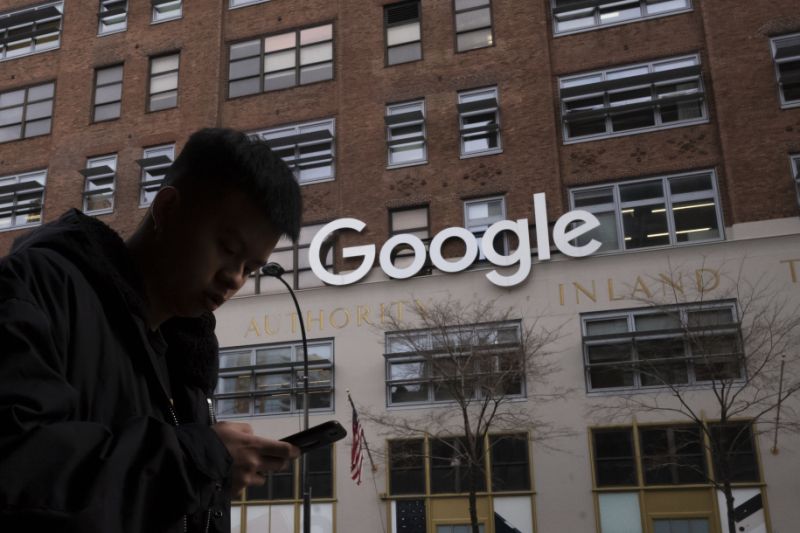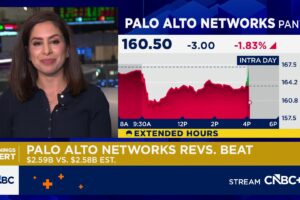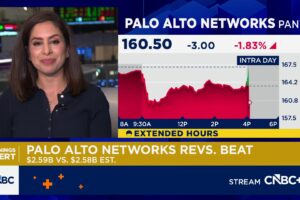

FILE – In this Dec. 17, 2018, file photo, a man using a mobile phone walks past Google offices in New York. Executives from Google and Facebook are facing Congress Tuesday, April 8, 2019, to answer questions about their role in the hate crimes and the rise of white nationalism in the U.S. (AP Photo/Mark Lennihan, File)
” data-reactid=”17″>
FILE – In this Dec. 17, 2018, file photo, a man using a mobile phone walks past Google offices in New York. Executives from Google and Facebook are facing Congress Tuesday, April 8, 2019, to answer questions about their role in the hate crimes and the rise of white nationalism in the U.S. (AP Photo/Mark Lennihan, File)
WASHINGTON (AP) — A congressional hearing on online hate turned into a vivid demonstration of the problem Tuesday when a YouTube livestream of the proceedings was bombarded with racist and anti-Semitic comments.
YouTube disabled the live chat section of the streaming video about 30 minutes into the hearing because of what it called “hateful comments.”
The incident came as executives at Google and Facebook appeared before the House Judiciary Committee to answer questions about the companies’ role in the spread of hate crimes and the rise of white nationalism in the U.S.
They were joined by leaders of such human rights organizations as the Anti-Defamation League and the Equal Justice Society.
Neil Potts, Facebook director of public policy, and Alexandria Walden, counsel for free expression and human rights at Google, condemned the spread of hate crimes and defended company policies that prohibit material that incites violence or hate.
“There is no place for terrorism or hate on Facebook,” Potts testified. “We remove any content that incites violence.”
The hearing was prompted by the mosque shootings last month in Christchurch, New Zealand, that left 50 people dead. The gunman livestreamed the attacks on Facebook and published a long post online that espoused white supremacist views.
But controversy over white nationalism and hate speech has dogged online platforms such as Facebook and Google’s YouTube for years.
In 2017, following the deadly violence in Charlottesville, Virginia, tech giants began banishing extremist groups and individuals espousing white supremacist views and support for violence. In March, Facebook extended its ban to white nationalists.
Despite the ban, accounts such as one with the name Aryan Pride were still visible as of late Monday. The account read: “IF YOUR NOT WHITE friend ur own kind cause Im not ur friend.”
On Wednesday a Senate subcommittee will hold a hearing on allegations that companies such as Facebook, Google and Twitter are biased against conservatives, an allegation leveled by political figures from President Donald Trump on down.
The companies have denied any such bias.
___
Ortutay and Lerman contributed from San Francisco.









